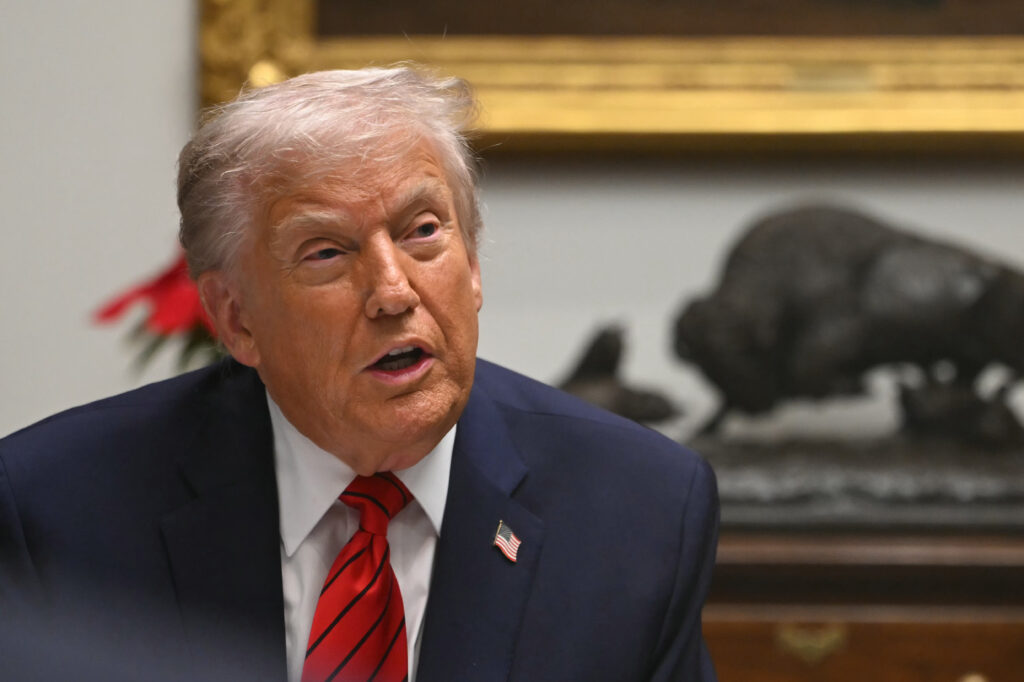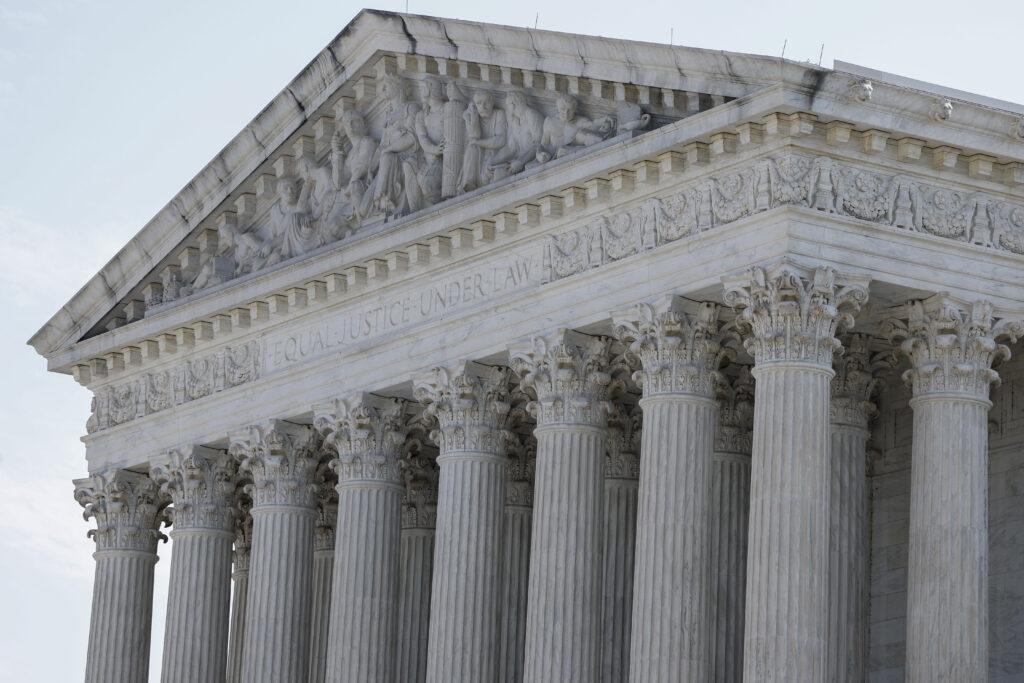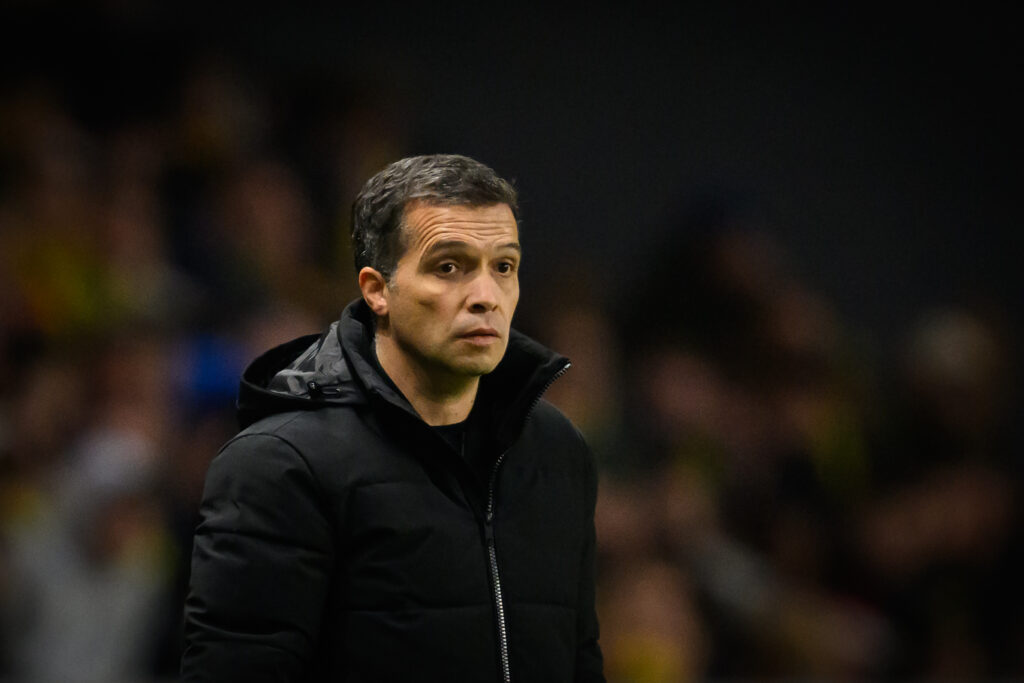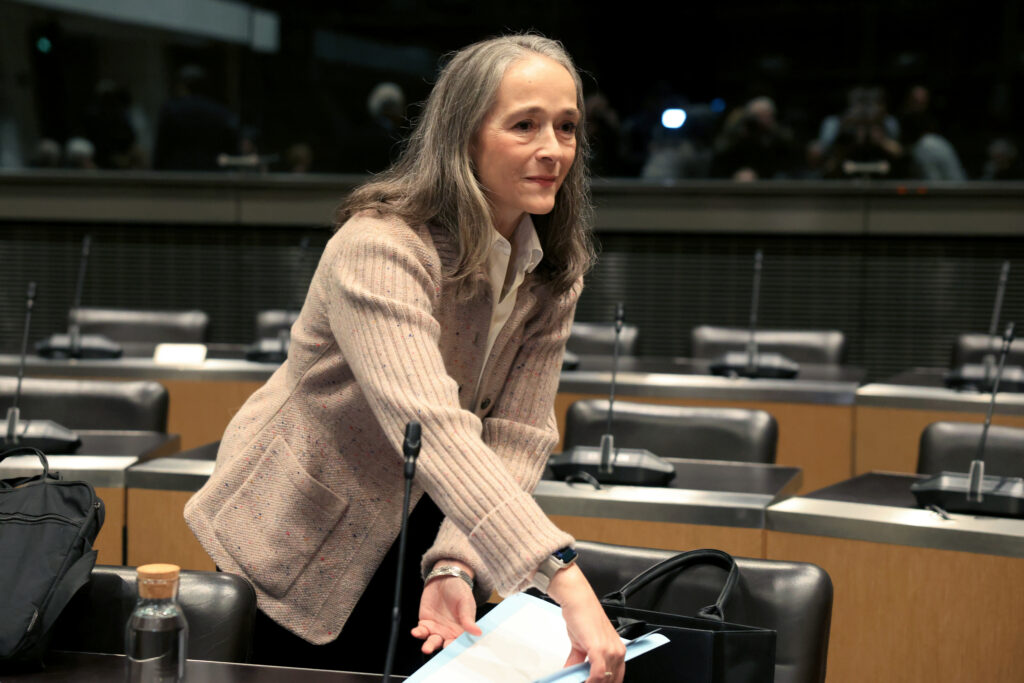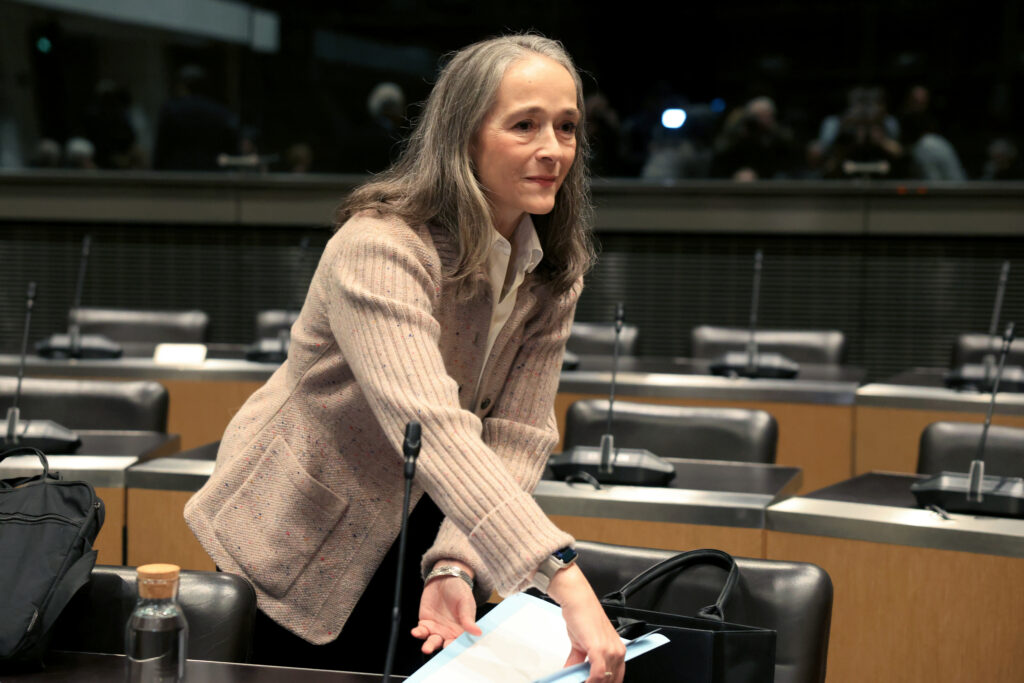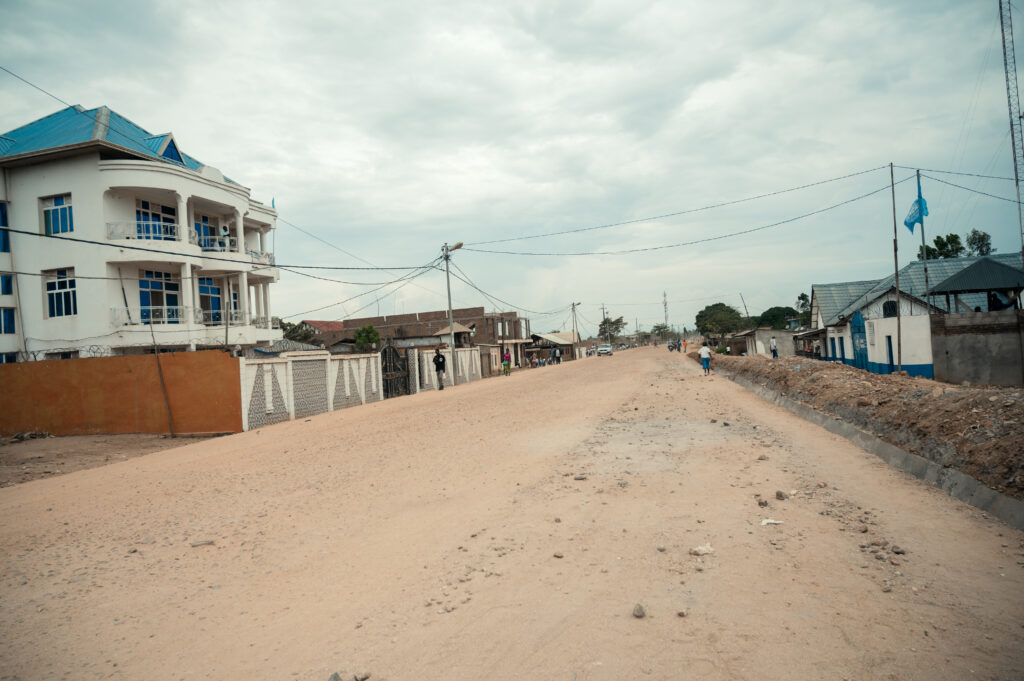Relégable en Ligue 1, le FC Nantes a limogé mercredi son entraîneur Luis Castro, arrivé cet été, selon une source proche du club, une décision qui confirme le peu de patience des Canaris avec leurs entraîneurs. La défaite contre Lens (2-1) samedi et l’entrée dans la zone rouge (17e) ont scellé le sort du technicien portugais de 45 ans, qui rejoint la vingtaine de coaches passés plus ou moins longuement sur le banc nantais en 18 ans, depuis le rachat du club par la famille Kita.Il aura toutefois innové, bien malgré lui, en devenant le premier dont le départ est acté quelques heures après s’être présenté en conférence de presse avant le déplacement à Angers, vendredi, pour la 16e journée.Très fortement pressenti pour lui succéder, Ahmed Kantari, ancien entraîneur de Valenciennes et adjoint du prédécesseur de Castro, Antoine Kombouaré, sera normalement sur le banc.Cette décision vient conclure 48 heures chaotiques où les Kita ont d’abord voulu se séparer de Castro, contactant l’ancien entraîneur de Lens, Will Still, qui a finalement décliner l’offre. L’option de conserver Castro au moins jusqu’à la trêve semblait alors tenir la corde.Dans le même temps, Stéphane Ziani, entraîneur de l’équipe réserve et ancien joueur jaune et vert, s’était vu proposer un poste de “coordinateur” ou “directeur” sportif, qu’il a finalement refusé en raison des contours très flous de la dénomination.- Des espoirs déçus -La décision de mettre fin aux fonctions de Castro n’est pas vraiment une surprise, mais elle n’en est pas moins décevante, alors que le club paraissait enclin à corriger cette mauvaise habitude.L’an passé, Nantes avait renoncé à se séparer de Kombouaré, à peu près à la même époque. La phase retour avait ensuite été un vrai calvaire en termes de jeu produit, avec un maintien assuré à la dernière journée.Le besoin d’air frais s’était traduit par le départ de nombreux cadres de l’effectif mais surtout par le recrutement du coach de Dunkerque, Luis Castro.Sa réputation de formateur — il avait remporté la Youth League (Ligue des Champions des U19) avec Benfica en 2022 –, semblait prometteuse pour un club avec un centre de formation aussi performant que Nantes.Castro avait aussi mené Dunkerque à une 4e place inattendue en Ligue 2 l’an passé, et en demi-finale de Coupe de France, sortant Auxerre, Lille et Brest, pensionnaires de L1, avant de tomber avec les honneurs contre le Paris SG (4-2), après avoir mené 2-0.Le tout en pratiquant un jeu séduisant et offensif en 4-3-3 propre à évoquer le mythique “jeu à la nantaise” si cher aux supporters jaune et vert.Nantes avait même accepté de débourser 700.000 euros environ pour racheter ses deux dernières années de contrat.- De mission difficile à impossible -Tout cela laissait espérer que du temps serait donné à Castro au vu du chantier: redonner une vraie identité de jeu tout en faisant une grande place aux jeunes du centre de formation et dans un contexte d’austérité drastique avec un budget passé de 80 à 50 millions d’euros.Mais les choses se sont très mal engagées et Castro affiche à ce jour le pire bilan de l’ère Kita, avec 2 victoires et 5 nuls seulement en 15 journées.Entre un recrutement raté cet été et les blessures de certains cadres comme Francis Coquelin ou Johann Lepenant, les vents contraires se sont accumulés.L’impatience endémique de la famille Kita aura fait le reste.Le technicien portugais, qui découvrait la Ligue 1, n’est certainement exempt de tout reproche.Dès les matches de préparation, le pressing très haut et la façon très agressive de jouer le hors-jeu qu’il demandait à ses joueurs semblaient très naïf, pour ne pas dire suicidaire, avec un groupe si jeune et si peu armé.Offensivement, hormis les éclairs d’un Matthis Abline, par ailleurs en panne de réussite, c’était aussi presque le néant.Pour autant ce changement d’entraîneur sera, au mieux, un remède temporaire.Le maintien du club en L1 passera, à court terme, par un mercato d’hiver bien plus pertinent, et, à moyen terme, par une remise en cause des mêmes fonctionnements qui produisent les mêmes effets depuis des années et qui débordent largement du banc de touche.
